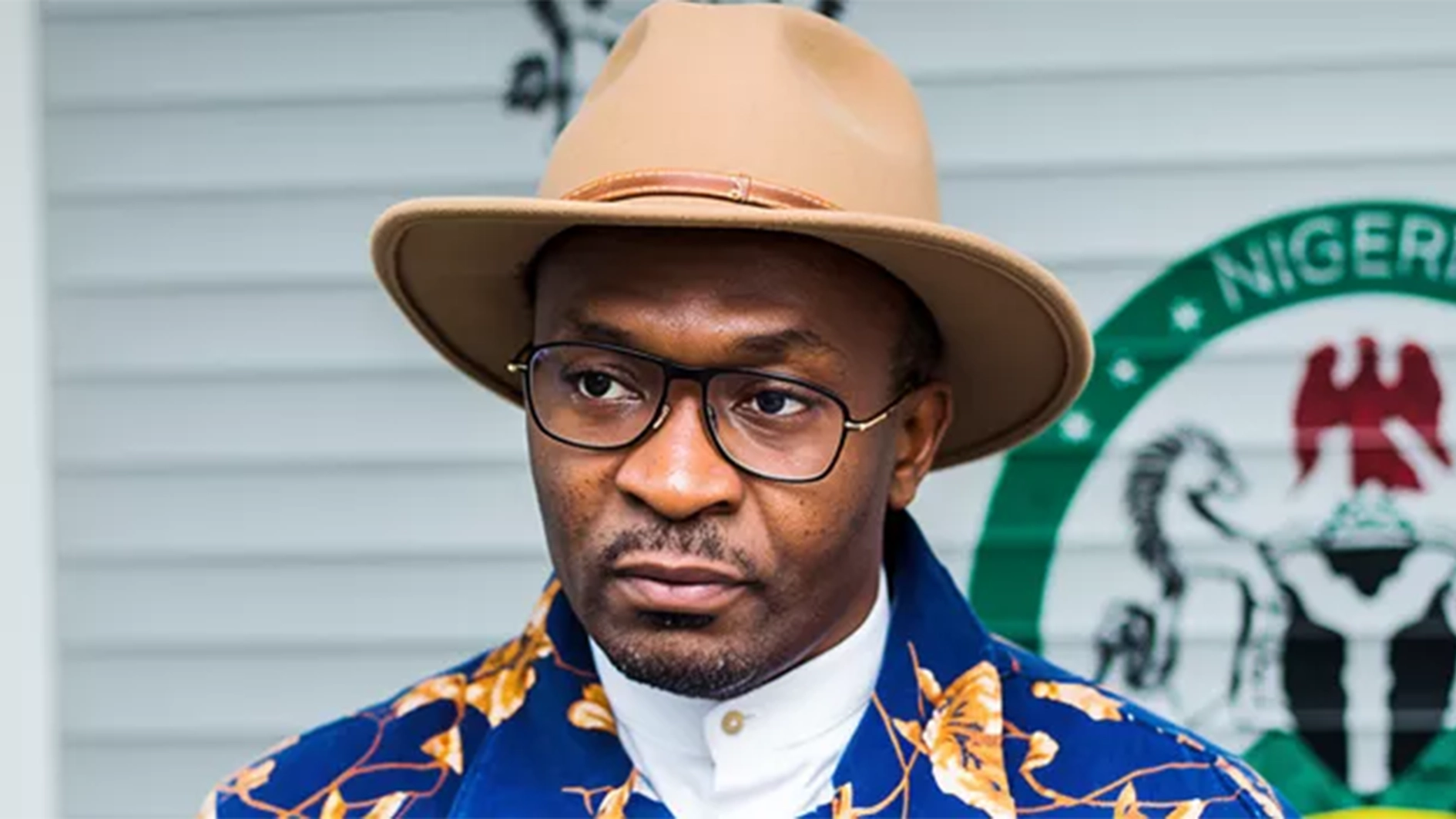The National Human Rights Commission (NHRC), in collaboration with the Federal Ministry of Justice and Prisoners’ Rehabilitation and Welfare Action (PRAWA), on Thursday intensified calls for justice, accountability, and systemic reform in Nigeria’s fight against torture.
The NHRC and justice ministry, at an event in Abuja to mark the 2025 International Day in Support of Victims of Torture, brought together key actors from security agencies, civil society, and development partners under the theme: “Justice and Dignity for All: Combating Torture Through Accountability and Reform.”
In opening remarks on behalf of the Solicitor-General of the Federation and Permanent Secretary of the Federal Ministry of Justice, Mrs. Gladys Adegbaro commended the collective resolve of partners working to eliminate torture, noting that real change requires sustained, cross-sectoral collaboration.
She disclosed that the ministry, through the Committee Against Torture in Nigeria (CAT-N), has concluded work on the Implementing Regulations for the Anti-Torture Act, 2017, an essential legal instrument designed to close operational gaps and bolster enforcement mechanisms.
According to her, the regulations outline procedures for prosecuting offenders, ensuring access to medical examination, and providing rehabilitation for survivors. “The document is currently undergoing gazetting to give it legal effect,” she added.
“In line with our international obligations and the recommendations of the UN Committee Against Torture, we are also reviewing the Anti-Torture Act to improve its effectiveness,” she said. “But we cannot continue to pay lip service. We must move from policy to action.”
Representing the Inspector-General of Police, Deputy Commissioner of Police (Legal), Daniel Abila, reaffirmed the police force’s commitment to rooting out torture within its ranks. He described torture as not only a criminal act but a deep violation of human dignity that leaves lifelong trauma on victims.
“We are committed to providing comprehensive legal assistance to survivors and ensuring that perpetrators are brought to justice,” Abila said.
Also in a goodwill message, Dr. Ben Agu, representing the Executive Secretary of the NHRC, Tony Ojukwu (SAN), emphasised that while the enactment of laws like the Anti-Torture Act and the Violence Against Persons (Prohibition) Act marked important milestones, real impact depends on implementation.
“Torture is a moral and institutional failure. Ending it requires political will, robust oversight, and comprehensive support for survivors,” he said.
He stressed the need for sustained public awareness, law enforcement training, and a shift away from the “culture of impunity” that has allowed torture to persist in detention centres.
Speaking on behalf of the National Preventive Mechanism (NPM), Deputy Director Kabiru Ellayo described torture as a gross violation that undermines the rule of law and erodes trust in the justice system. He called for the urgent establishment of survivor support centres across the country to provide medical, psychosocial, and legal aid.
“Let this day be one not only of remembrance but of renewed resolve,” Ellayo urged.
Despite acknowledging Nigeria’s legal and institutional progress, stakeholders agreed that much remains to be done to translate policies into meaningful protection for victims and accountability for violators.






